
We don’t always realize it, but the way we were treated as kids plays a massive role in how we think, feel, and act as adults. Parents are supposed to be our first safe space—the people who teach us love, confidence, and how to navigate the world. But what happens when the very people who are supposed to build us up are the ones who tear us down?
Tantrums, anxiety, hiding emotions, and self-criticism don’t just come out of nowhere. Often, these behaviors are the result of toxic parenting—patterns filled with manipulation, neglect, and emotional coldness. If any of this hits home, know that you’re not alone—and that understanding the roots of your struggles is a huge step toward healing.
Video:
8 Things Parents Shouldn’t Say to Their Child
You’re Afraid of Being Manipulated
Were your parents the type to guilt-trip you? Maybe they used your emotions against you, turned everything around to make themselves the victim, or gave love conditionally. If so, you probably grew up constantly second-guessing other people’s motives.
This fear of manipulation can bleed into your adult life. You might find it hard to trust partners, friends, or coworkers. You hesitate to open up because you’re terrified of being used. That wall you’ve built? It’s not stubbornness—it’s self-protection.

You Struggle to Trust People or Feel Safe Around Others
When you grow up in a tense, unpredictable household, your nervous system gets wired to expect danger—even when there is none. You might find yourself always on guard, scanning for signs someone might lash out or abandon you.
This constant hyper-awareness is exhausting. You end up pushing people away or sabotaging relationships because deep down, you’re not sure anyone is actually safe to love. And let’s be honest—if the people who raised you didn’t make you feel safe, why would anyone else?

You’re Terrified of Failing
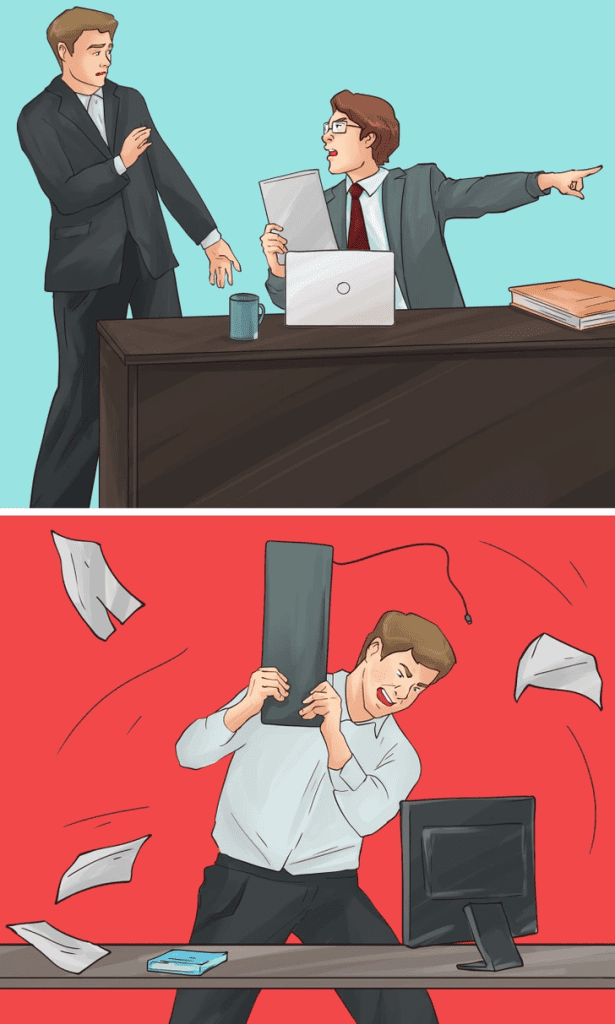
If every mistake you made as a kid led to punishment, shame, or disappointment, you probably learned to fear failure like it’s the end of the world. Maybe your parents expected perfection. Maybe nothing was ever good enough.
As an adult, this fear can paralyze you. You procrastinate, overthink, or don’t try at all because failing doesn’t just feel like a mistake—it feels like a personal catastrophe. You tie your worth to your success, and that’s a heavy weight to carry.
Video:
10 Traits of Toxic Parents Who Ruin Their Children’s Lives
You Don’t Know Who You Really Are
Toxic parents often try to mold their kids into who they want them to be. That means your needs, your opinions, your preferences might have been dismissed or mocked. Over time, you stop expressing them.
Now, you may find yourself feeling lost, unsure of what you want in life, or constantly looking to others for direction. When you’ve been silenced for years, it’s no wonder you struggle to hear your own voice.
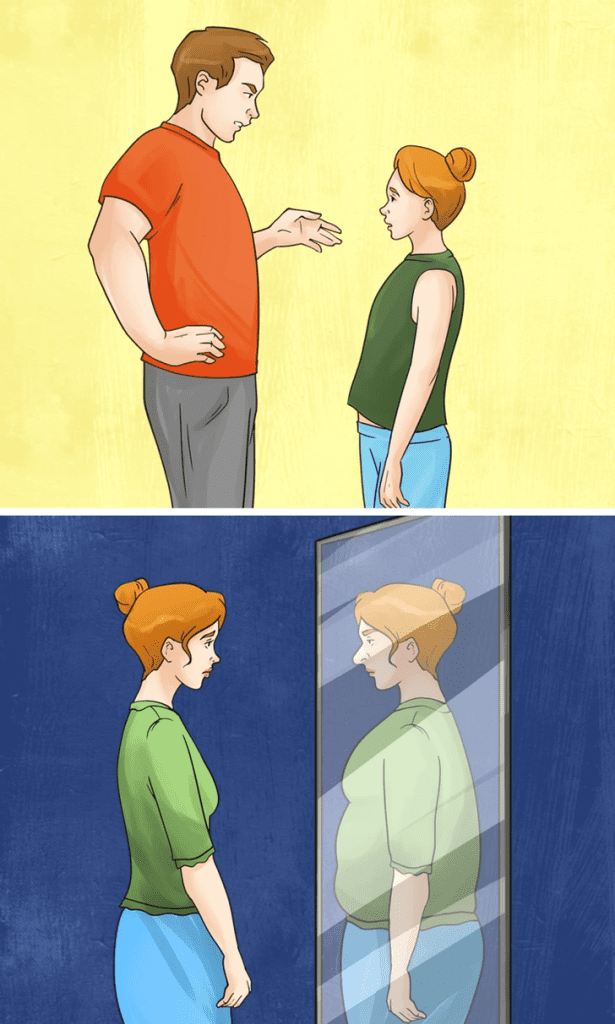
You’re Your Own Harshest Critic
Do you beat yourself up over the smallest things? Do you hear that inner voice saying, “You’re not good enough,” even when no one else is saying it?
That voice probably started as someone else’s—maybe a parent who called you lazy, dumb, or ungrateful. Eventually, you internalized it. You started believing it. And now, you replay those same messages in your head, even though they were never true to begin with.

You Put Everyone Else’s Needs Before Your Own
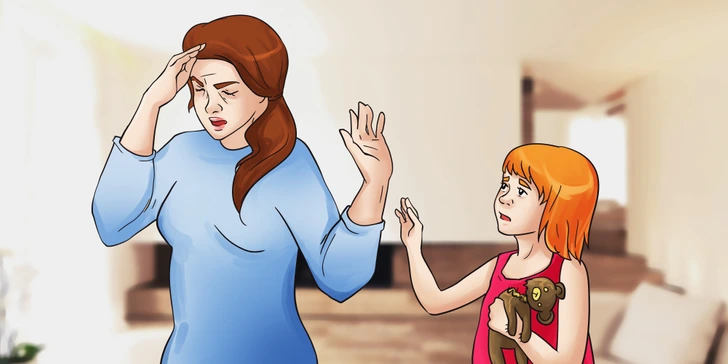
If your emotions were dismissed or punished growing up, you probably learned it was safer to bury them. Maybe showing sadness made you look weak, or anger led to more abuse. So you adapted—you stayed quiet, smiled through pain, and made yourself small to survive.
As an adult, this turns into people-pleasing. You feel guilty when you set boundaries. You ignore your own needs to avoid conflict. But constantly ignoring your own feelings only deepens the emotional void inside you.
Video: 10 Toxic Things Parents Say To Their Kids
You Feel Like You’re Still a Helpless Child
Some toxic parents never let their kids grow up. They control their decisions, invade their privacy, and treat them like they’re incapable. As a result, even in adulthood, you might still feel like you’re not allowed to make choices for yourself.
This stunts your growth. You doubt your independence. You’re afraid of taking risks or trying new things because you were never given the chance to build confidence in your own abilities. You keep waiting for permission that should’ve been yours all along.
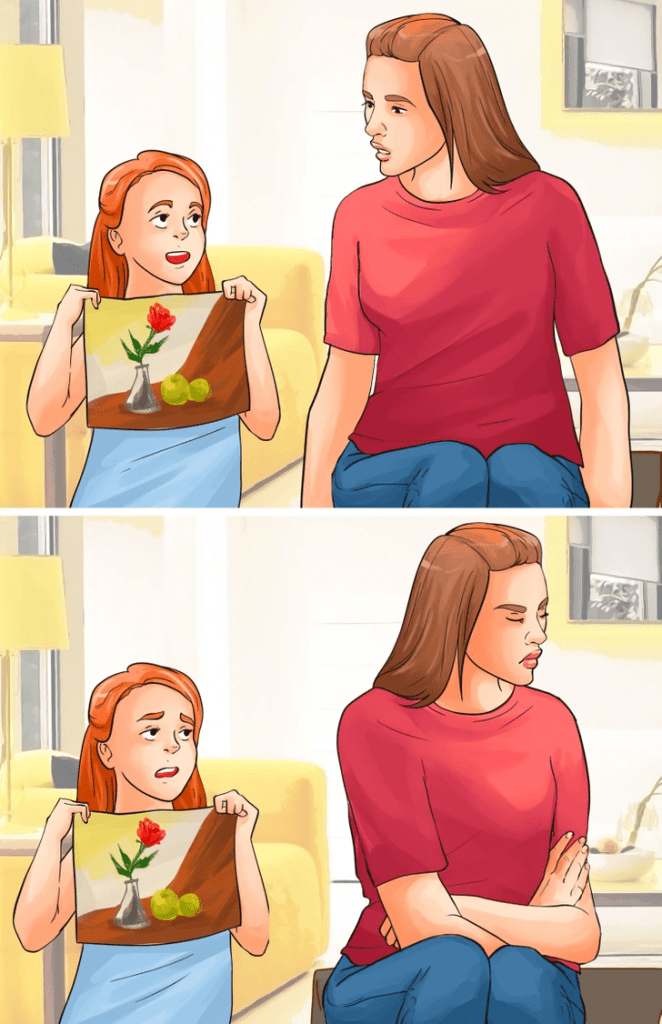
You Live with Constant Anxiety
Children who grow up in unstable homes often carry deep-rooted anxiety into adulthood. You may not even realize where it came from—you just know you’re always on edge. Your mind races. You can’t sleep. You feel restless, irritable, and overwhelmed even on the calmest days.
This type of anxiety is often trauma-based. It’s the result of living in survival mode for too long. When you never knew what to expect at home, your body learned to stay in a state of alertness. And years later, it’s still stuck there.
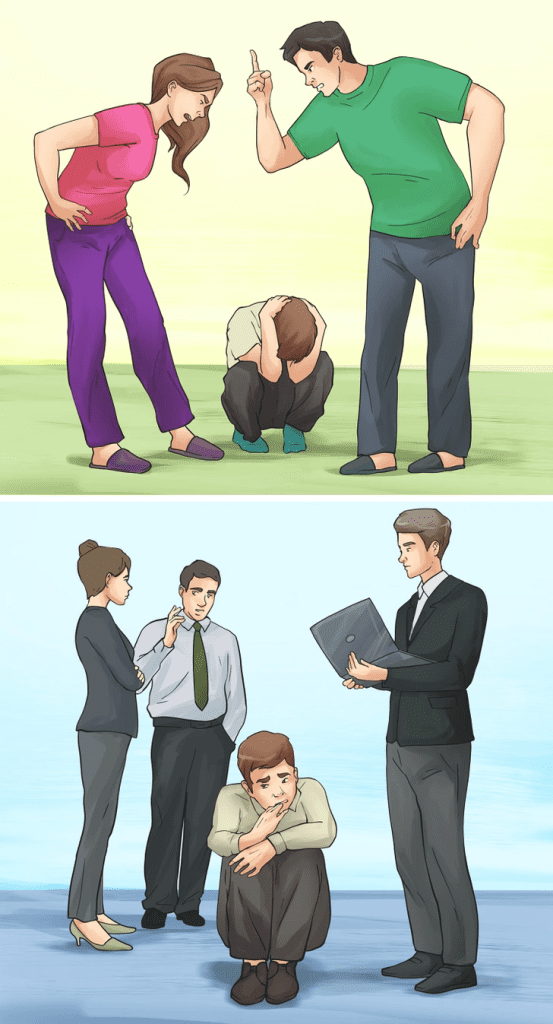
If you saw yourself in any of these signs, take a deep breath. Just recognizing these patterns is a huge step forward. You’re not broken, and you’re definitely not alone. These traits aren’t character flaws—they’re survival responses from a childhood that lacked the love and safety you deserved.
The good news? You don’t have to stay stuck in them. With time, support, and self-compassion, you can unlearn the lies you were told. You can start building a life where your needs matter, your voice is heard, and your feelings are valid.
You might’ve grown up in a toxic home—but that doesn’t have to be the end of your story. It can be the beginning of something new.


